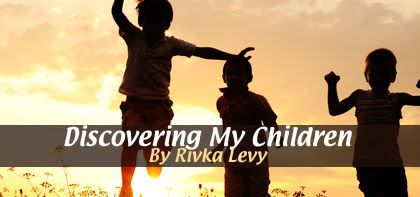
Discovering My Children
This is the candid and amazingly probing confession of a high-powered career woman who came to Israel and completely revamped her priorities in life...

Part 2 of “Baby Steps”
Before things got better, they first got worse. We moved to Israel, and my whole life fell apart. I had no money. I had no friends. My job disappeared, taking with it my status, my bank account, and my reason to live.
All I had left was my family; the family that I had no idea what to do with, or how to treat nicely. The family that made me feel like a failure and a loser who had no control over anything. The family that I hated being around, because they made me feel so bad about myself.
But G-d, in His wisdom, gave me no choice. Kindergarten ends in Israel at 1:30 PM. I had no money for additional childcare, or art classes, or anything else to keep my kids away from me – so I had to look after them myself.
By this point, I’d already started to do some serious spiritual work on myself, and the first thing I targeted was my anger. I’d listened to a Rabbi Brody CD on the subject, and I decided: no more getting angry at my kids. No more exploding at them, when they don’t do what I say or make me feel horrible. Enough already!
It was very hard, very slow work.
In those early days, I measured my progress in seconds. Today, it took me two and a half minutes to explode – a whole 22 seconds longer than yesterday! But I persevered, despite many setbacks, and the relationship between me and my children slowly started to blossom.
Slowly, they started to trust me more. Slowly, I started to be more considerate and patient. Slowly, I became more forgiving and more nurturing.
Then, I got a couple of additional ‘pushes’ from upstairs. The first push was Women’s Wisdom, that set out the spiritual concept that kids are our mirrors, and that their problems are really only showing us our own problems. Women’s Wisdom also made it clear that raising children was the woman’s main role and task in life; it was the most crucially important thing she was sent down here to do, and how she would achieve her tikkun, or soul correction.
Very soon after I read Women’s Wisdom, I made the decision to stop working completely, and to just focus on my (very neglected) family. The second push was more traumatic and dramatic: on the day of my 35th birthday, I found a lump in one of my breasts.
Thankfully, it turned out to be nothing, but over the course of those very long weeks, I did my first ever six hour prayer session at the Kotel. As I was sitting there, thinking dark thoughts about life and death and feeling my own mortality properly for the first time in my life, I realized an amazing thing: I really, really wanted to be around to see my kids grow up as happy, spiritually and physically healthy Jews. I wanted to dance at their weddings. I wanted to participate in their lives. I wanted the chance to really fix the mess I’d made up until then, and to love them the way G-d wanted me to, the way that they deserved.
The carefully constructed wall of indifference and uncaring had been shattered; I’d admitted to myself what I’d been trying to hide for years: I loved my kids. I cared about them so much. With G-d’s help, I was going to try to do whatever it took to fix my own character and my own problems, and to help them to live happy, healthy lives.
No more running away into work or ‘projects’. No more making excuses for mistreating them, or trying to shift the responsibility for their spiritual and physical welfare on to someone else. I was going to sit and stare my own problems and frailties in the face; deal with them; and give my kids the nearest I could manage to a spiritual ‘clean slate’.
G-d heard me. G-d helped me. Over the next couple of years, G-d popped the cork on all the ‘bad’ things I’d been storing up inside myself from my own very difficult childhood, and they started to spew out of every where.
The cleaning-up process started in earnest when I had months and months of having to face the most terrible, horrible, excruciating fears. Those fears nearly drove me out of my mind – but they also got me to Uman, and Rebbe Nachman’s grave, for the first time.
Another bonus from the fears is that they got us to move house, community and schools, to a place which was spiritually so much better for my kids. I knew that the decision to move (again) was a massive turning point in my relationship to them, because for the first time ever, we were moving for them. We were putting them first. We were moser nefesh (self-sacrificing) for them. The move turned out to be better than we could have imagined, for everyone involved.
The kids got happier and happier, especially the oldest, who is particularly ‘my’ mirror, and most days, I could feel that the radical shift into full-time motherhood and character-fixing was paying off tremendous dividends.
Even so, we weren’t quite ‘there’ yet. I could still feel there were a lot of ghosts and shackles weighing my family down. My husband and I were still not really ‘happy’ on the inside, and this was still manifesting itself in angst, worried, and stressed kids. Not often. But enough to let me know there was still a lot of work to do.
That’s when we reached the next stage of our own ‘re-education’ process, which started with the publication of Rav Arush’s book on child-rearing, called The Garden of Education. That book completely changed my life.
I bought The Garden of Education as soon as it came out, but it took me a few weeks to get around to reading it. I was about half way through by Yom Kippur (the Day of Atonement), which I usually spend mostly in bed, as I don’t fast very well. After I’d done my necessary prayers, I decided to spend the rest of the day plowing through the rest of the book.
That Yom Kippur ended up being an extremely intense day of confession and atonement for me: every few minutes, I was calling my kids upstairs to apologize to them for some additional terrible parenting mistake I’d been making. Wow. Once I read about how a Jew should authentically parent their kids, I realized just how far from that ideal most of us are – just how ‘wrong’ most of the secular parenting strategies and ideas that have permeated into even the ‘frummest‘ recesses of the Jewish world, really are.
In a nutshell, a Jew parents their child’s soul, their inner dimension. That means enabling the kid to have free choice; not forcing external compliance at the cost of internal agreement; and putting what’s best for the child ahead of what is, or looks best for the parent, every single time. Jewish parenting is never about fixing the child. It’s about fixing the child’s fundamental problem at its root – in the parent.
Wow.
Despite all the massive leaps forward and improvements I’d tried to make since I’d realized I was turning into a monstrous mother, I could see I was still light years’ away from really parenting the way G-d wanted me to.
But I didn’t get disheartened. I’ve learned enough Breslev Torah, and studied enough Breslev books, to know that a person’s will to change is everything. If the will or ratzon is there, sooner or later G-d will step in and help that person to achieve their holy goal. Even if they’re starting off a million miles away from it.
I decided I needed to share the book’s wisdom with others, so after the new year, I started teaching a shiur on it.
This was the fourth Rav Arush book I’ve taught. Each time I start teaching an emuna book, I know I’m going to be tested on the subject matter in my private life. The parenting book was no exception.
Due to various circumstances, I suddenly found my family in a state of complete and utter spiritual melt down. My husband was struggling tremendously; my youngest daughter, his mirror, was similarly struggling tremendously. I started to struggle tremendously, and my oldest daughter, my mirror, also started to struggle tremendously.
Over the four months it took me to teach the main ideas in the parenting book, I saw them come alive, one after another, in my private life.
My youngest daughter ended up being a ‘road map’ that gave us some vital clues as to what was going on, albeit in a deeply repressed way, in my husband. In turn, the book helped us to really internalize that the way me and my husband had been raised – together with many of the ongoing expectations and behaviors that were still occurring – were the complete opposite of the Torah ideal.
In turn, that gave us both the strength to challenge behaviors and ideas and opinions that had been doing terrible damage to us (and by extension, to our kids) for years and years.
It was a terrible, amazing, painful, healing process. And by the end of it, we’d uncovered some very hard truths, and some very poisonous attitudes and behaviors that we both knew had to be ruthlessly uprooted from our family.
Whatever a parent doesn’t ‘fix’ in their character and soul is passed on to their kid to deal with (and suffer from). My husband and I both made the decision that the buck had to stop with us. Things that had been left to ride for generation after generation, while people made excuses for it, or tried to ignore it, or rationalized it away once they realized they were perpetuating the same horrible behavior with their own kids – had to be identified, addressed, and stopped.
It’s not that I didn’t understand what was going on: I’d seen myself, how it was all too easy to turn into a monstrous mother and continue the bad behavior that you yourself had been subjected to.
If G-d hadn’t been holding my hand, if Rav Arush hadn’t been writing all his amazing emuna books, if Rebbe Nachman and the Baal Shem Tov et al hadn’t helped me to get a grip on just how bad I really am, and even more importantly, reassured me that there was still a way to fix it all – it’s not even a question that my kids would be more casualties in the war to raise healthy, happy Jewish souls.
I know so many people who don’t want to look at what’s true, because they are scared of where that truth will take them. They don’t want to criticize how they were raised – even if they themselves grew up terribly miserable and abused – because they know that they themselves are capable of doing exactly the same to their own kids. And no-one wants to think of themselves as being an evil, abusive monster.
But if we don’t have the courage to really look at our lives square on; and to really lift up the carpet and to see what’s been shoved under it for centuries and centuries by our forbears; and to really accept that all the problems and issues that we see coming out in our children are really our own – we are condemning our children to continue the sad, miserable, cycle.
It’s not a question of whether it’s easy or hard to look at these things and to choose to change – we all know it’s excruciatingly difficult. The real question is whether it’s the right or wrong thing.
We all have free choice. We can choose to look away and pretend ‘it’s not so bad’; or to make noises about ‘we all grew up OK in the end’; or to imply that all the anger and sadness and disconnection evident in so many modern-day people is somehow inevitable and natural.
But it’s not. It’s the result of bad parenting. It’s the result of bad character traits being passed on and compounded in the next generation. It’s a living death for everyone involved.
It takes a lot of guts to be willing to admit to being a monstrous mother, or a failed father. But if we don’t admit what’s really going on, the only people we’re fooling are ourselves. And even we aren’t really convinced…



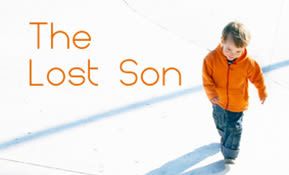
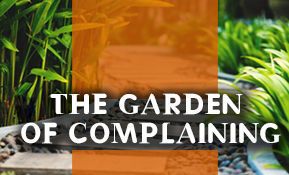
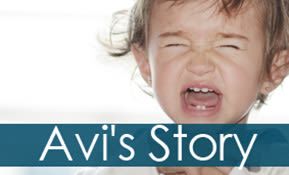
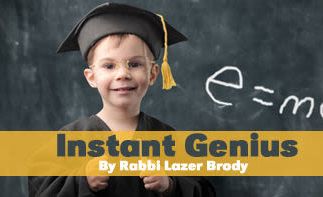

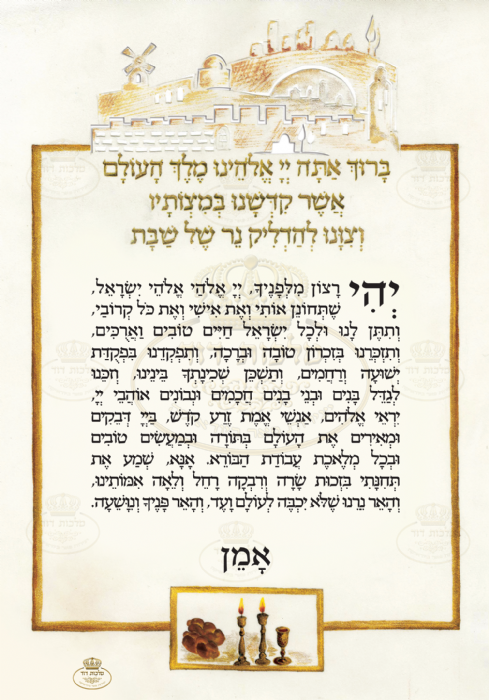
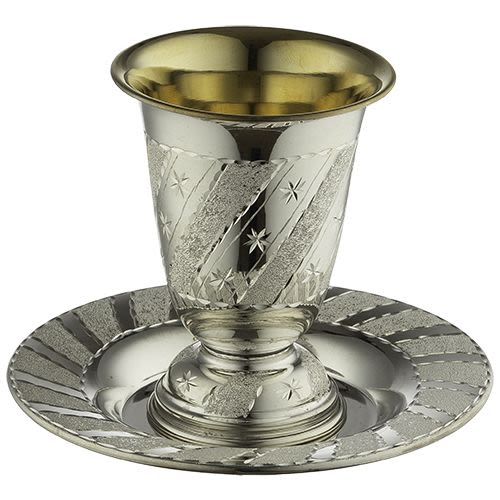
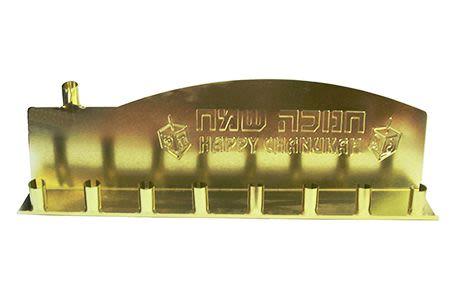
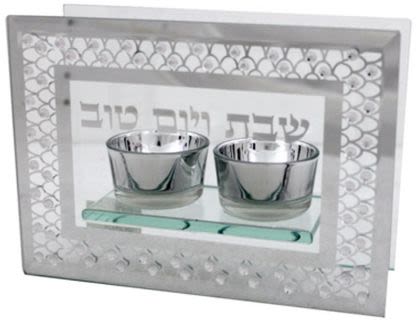
Tell us what you think!
Thank you for your comment!
It will be published after approval by the Editor.